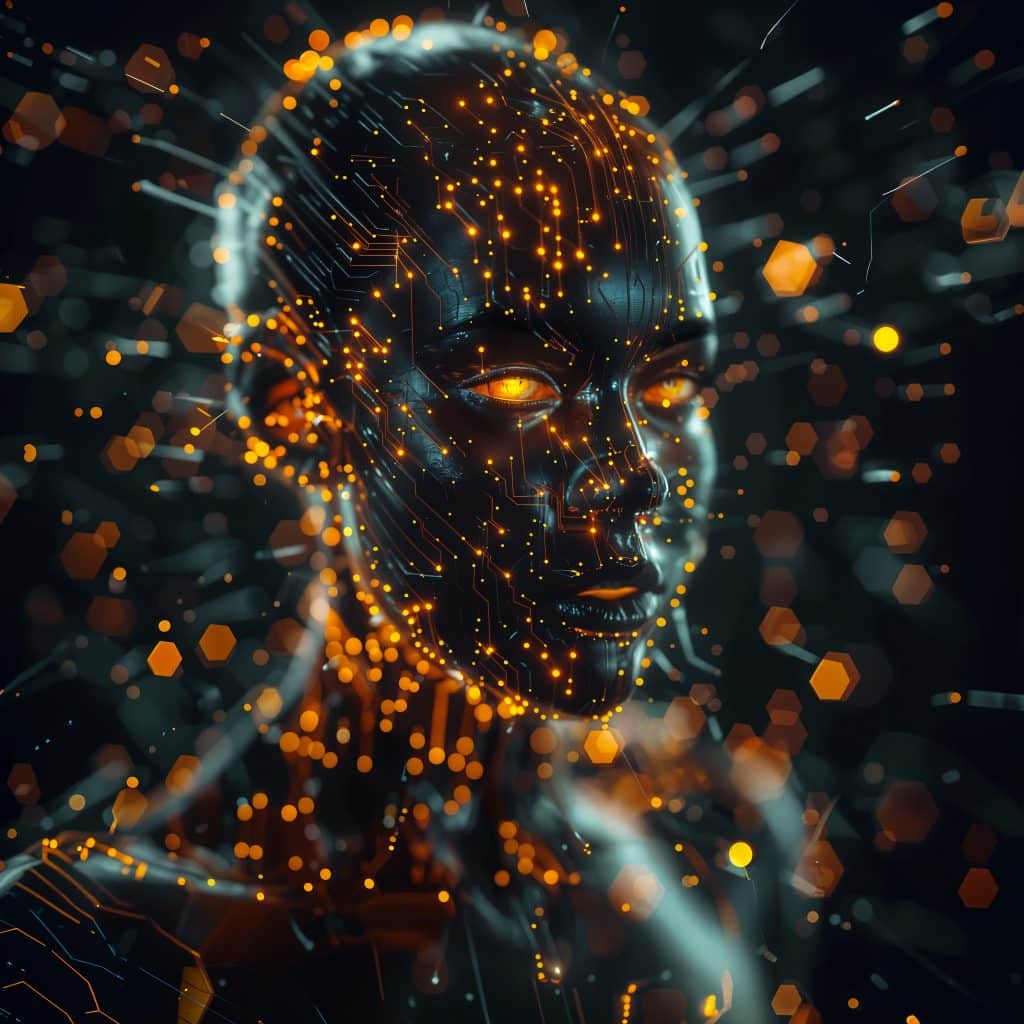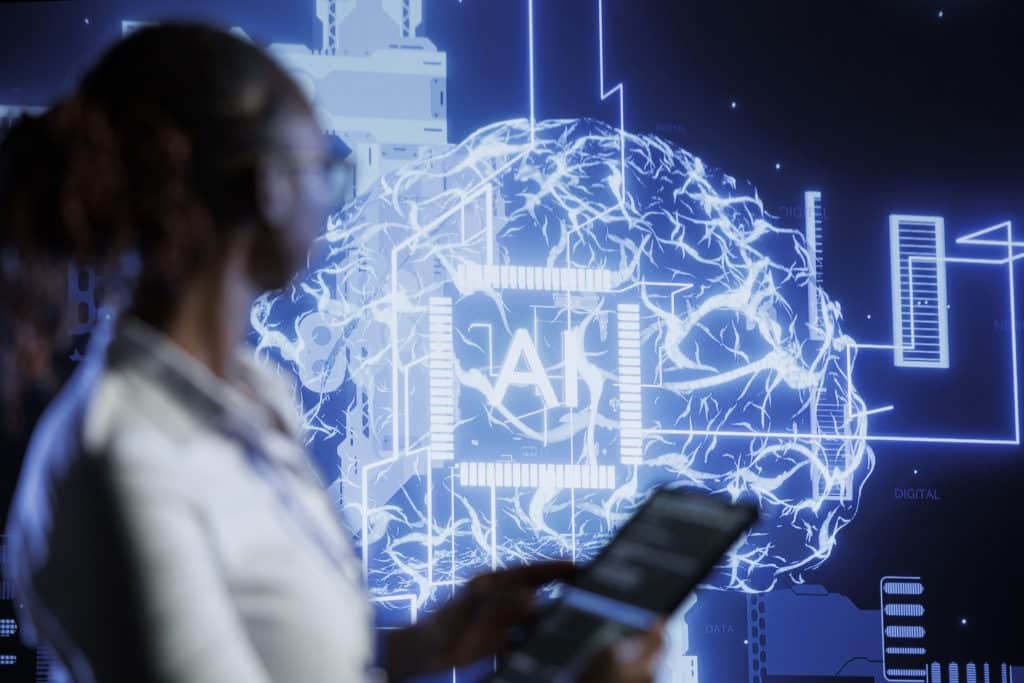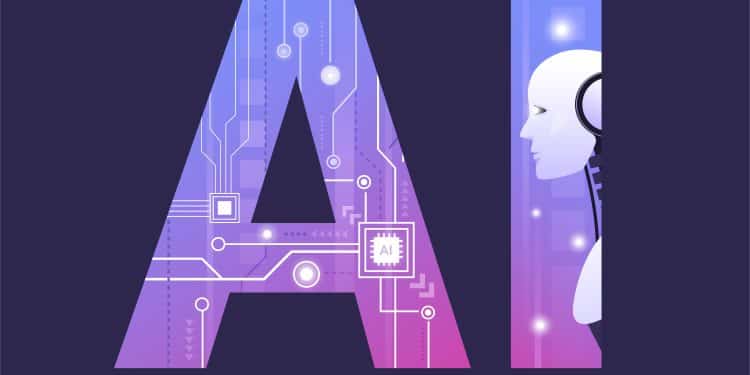The Agentic AI industry is experiencing a dynamically developing landscape. A new trend emerges in this landscape. It claims to be the revolution of the entire system of how the computers can interact with the world and make decisions. This model is named Agentic AI. The traditional AI systems depend on the use of fixed rules and the careful supervision of human beings to function.
However, AI systems can also be autonomous and engaging. AI can also be used in the industry to solve tough problems and make decisions with lesser human inputs. This article aims to explain the concept of the agentic AI. It explains its fundamental principles, conceivably covers its immense potential applications, and those industries that it may very likely transform.

Table of Contents
What is Agentic AI?
Agentic AI is the AI systems, which have an emergent ability to carry out actions on their own. That is, agents act independently and take both action and learning unencumbered by a constant human presence. Moreover, these systems operate using cutting-edge algorithms, iterative methods or data assessments to reach their goals. The main point of the agentic AI philosophy is to manufacture machines that are capable of understanding realistic environments. These machines will also be able to reason and behave as a human agent would.
Mechanisms of Agentic AI
At the very essence of The AI are several hiskey parts that grant it the possibility to be autonomous:
- Reinforcement Learning: This is a kind of machine learning. Agents learn to make decisions by getting rewards or punishments according to their actions. In the long run, the agent gets better at maximizing cumulative rewards by adjusting its behavior.
- Natural Language Processing (NLP): NLP systems use AI to understand and interpret human language. This way, they can communicate effectively by understanding human language. This also can make it get the instructions from humans that it needs to carry out a task.
- Computer Vision: The AI uses computer vision technology to recognize and explain visual data. This characteristic helps it in recognizing and interacting with other objects in the environment where it is located.
- Sensor Integration: They have a number of sensors. They give the real-time data of the environment they are in. It helps them to take the right decision.

Applications of Agentic AI
The AI can at its maximum apply endlessly, it has the power to its own not limited to the following sectors:
- Healthcare: The AI can be a decision support system for the diagnosis and treatment selection of diseases and real-time monitoring of patient health. For example, AI agents may assess medical imagery for signs of abnormality or make a likely diagnosis based on the symptoms.
- Autonomous Vehicles: They are the main thing the AI is used for in practice. These vehicles use computer vision, sensors, and reinforcement learning, among other technologies. The self-driving cars that travel on the roads, evade the obstacles, and choose the driving paths, operate within certain domains without any driver.
- Finance: AI is adaptable and can be used in the financial industry to carry out automated trades, detect frauds, and give money management advice. AI agents process economics tendencies and buy/sell stocks for the most profitable payout.
- Customer Service: Just like talking to a live advisor, chatbots, and virtual assistants using the AI on the other end can handle questions regarding customers’ needs. They not only work around problems but also give individualized service naturally without bothering a human being.
- Manufacturing: The AI in manufacturing can be used to improve production processes, for example, reducing the use of energy and water, and labor costs. Moreover, it can also be utilized for managing the supply chains and ensuring quality control measures. Agentic AI provides an intermediate level of AI to facilitate this by optimizing workflows and performing repetitive tasks. Moreover, it can also be utilized to manage supply chains and conduct quality control tasks. These capabilities lead to increased efficiency and reduced costs.
Ethical Considerations
Even though the progress in AI brings us nearer to a computer friendly world, we still have to be highly responsible. This is because it is an issue that touches on both the environmental and social/economic sustainability. Advanced technologies such as AI have indeed become crucial in bringing transformative changes to the global economy. However, they come with a host of serious challenges that could undermine this potentiality. Issues such as privacy, accountability, and bias are all areas that should be highlighted.
These are necessary to ensure responsible development and deployment of AI systems. Over the past several years, artificial intelligence (AI) has grown to its current state where it can act independently to some extent. Nonetheless, it has to be observed that the diverse implementation of AI has enormous implications in social, political, and economic spheres taking into consideration the origin, use, and distribution.government bodies have a very important role in this way and have to take much attention and responsibilities. It is crucial to establish guidelines and regulations that govern the use of agentic AI. This will prevent misuse and ensure that these systems benefit society as a whole.

The Future of Agentic AI
The future of agentic AI is promising. The steady trajectory of research and development activities for advanced and efficient AI systems is set to accelerate the acquisition of AI technologies. Agentic AI, as it progresses, will increasingly become a part of everyday life as advances in technologies take place. It will transform industries. It will also enhance our ability to solve complex problems.The integration of agentic AI into various sectors will likely increase efficiency. It will also improve decision-making and create new opportunities for innovation. However, we must approach this technological evolution with caution. We should consider the ethical implications. We must ensure that the benefits are equitably distributed.Best AI Applications
Conclusion
“The world’s first autonomous intelligence system” is perhaps now no longer a mere fantasy. Such machines possess the ability to independently make decisions, perform, and learn very much like the biotic processes around us. The agentic AI-based machinery has the potential to revolutionize the way industries operate. In addition, it is expected to make our lives easier and better. As we explore this technology, addressing ethical considerations is vital. We must establish responsible practices. This will harness the full potential of agentic AI. The future of autonomous intelligence is here. It promises to reshape the world in unimaginable ways.
What is an agentic AI?

Agentic AI (AAI) is used to refer to an advanced AI system that autonomously takes actions, adapts in real-time, and, solves multi-step problems based on context and objectives.














